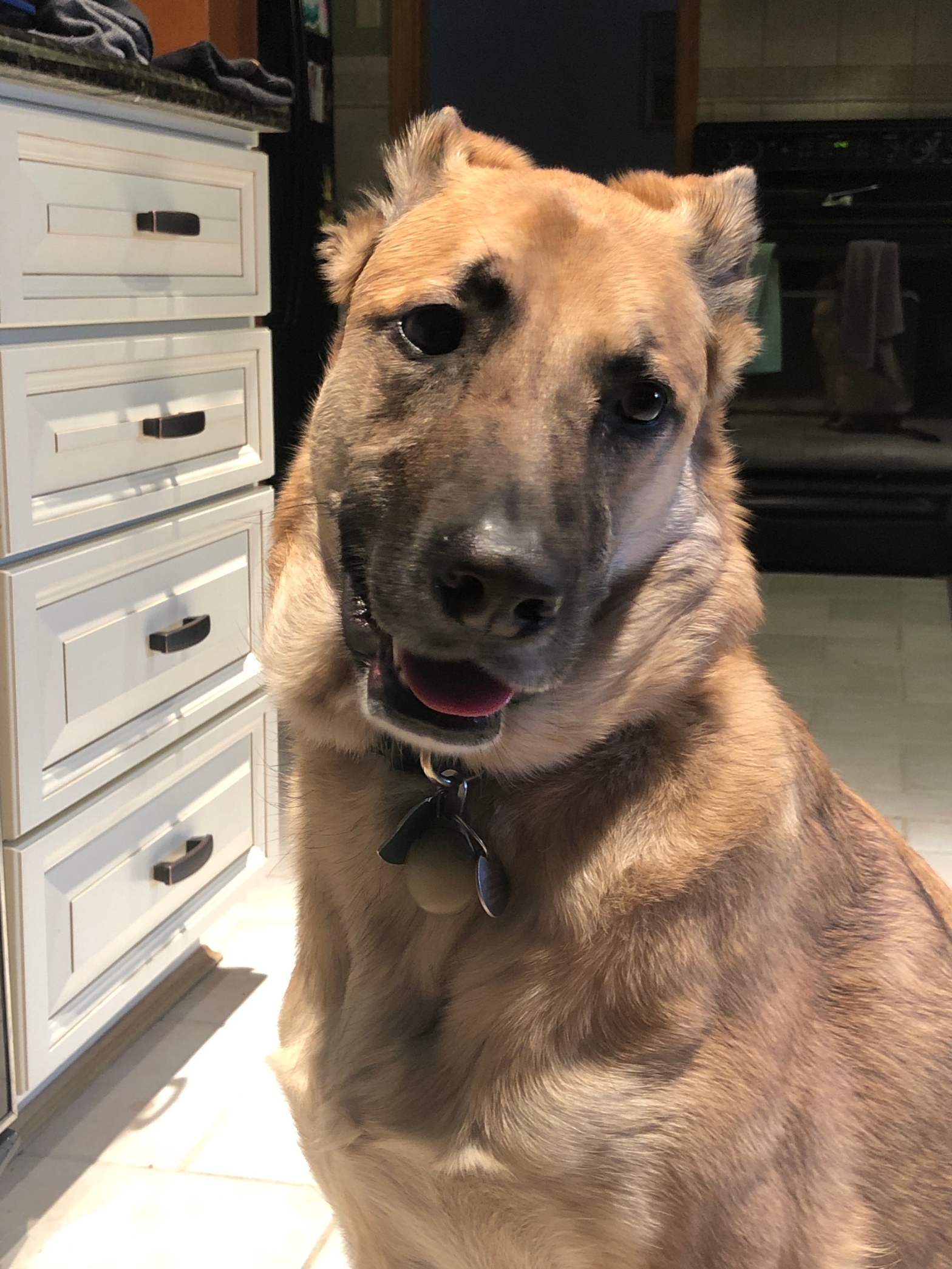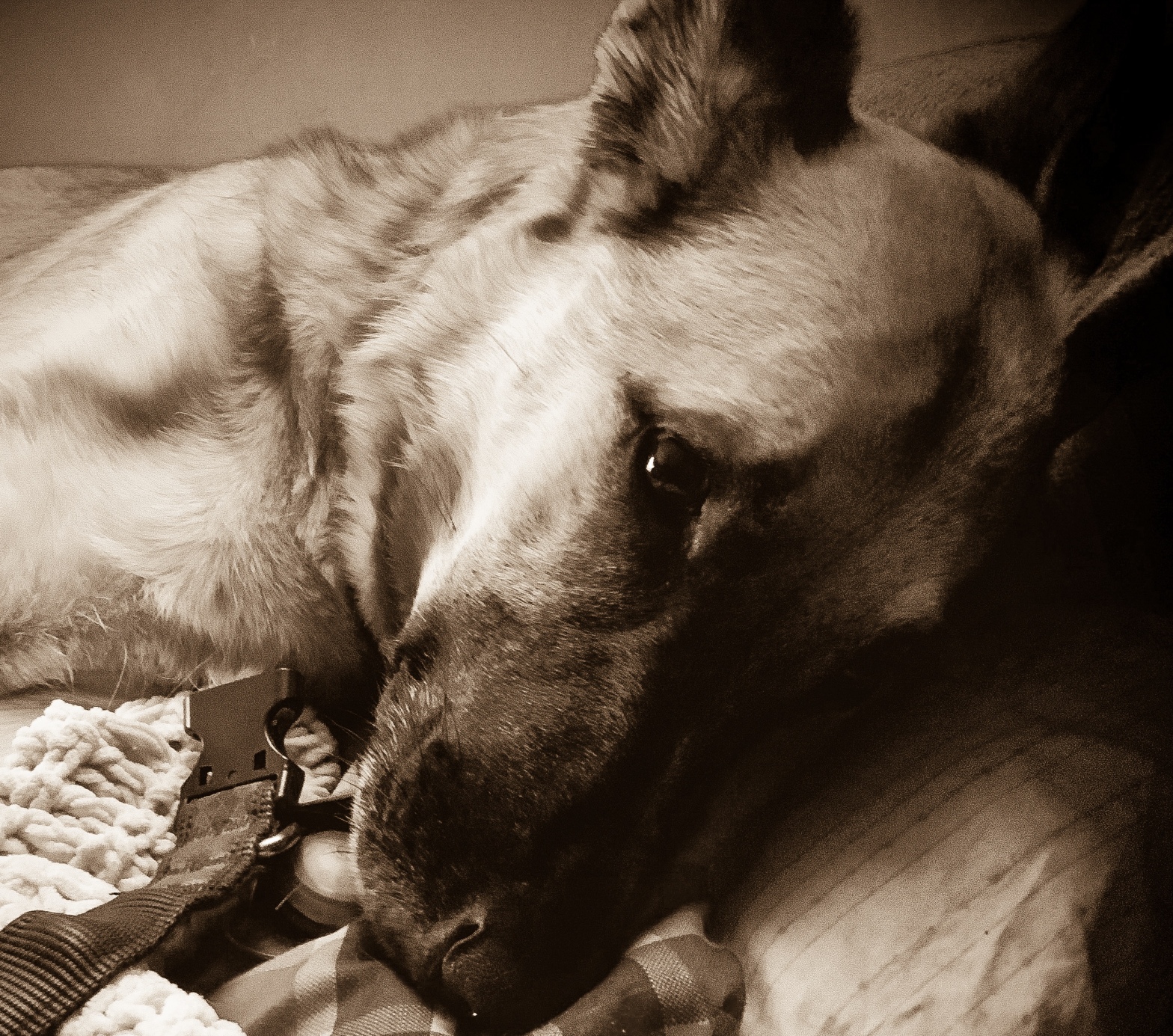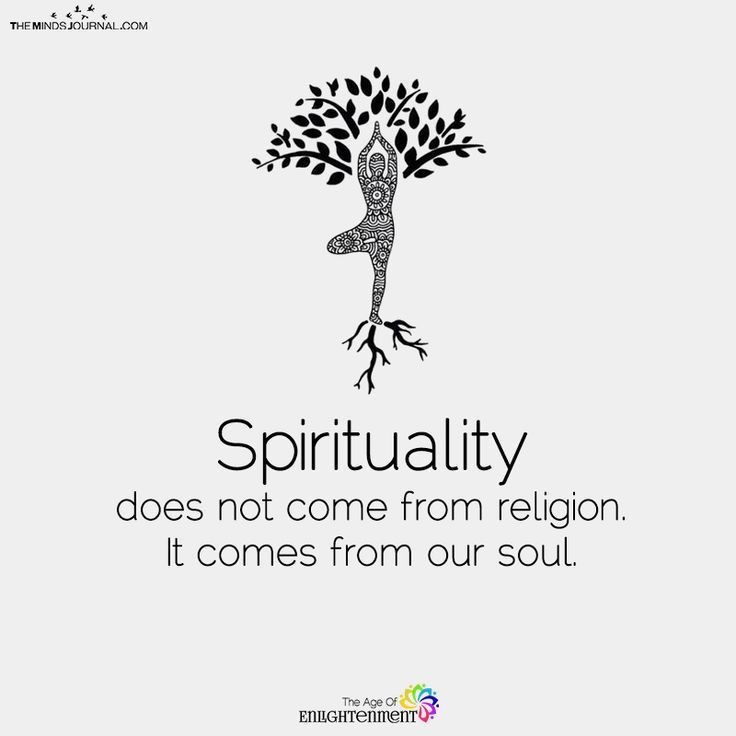Build a solid foundation for the rest of your recovery.
One of the hardest parts of early recovery, for me anyway, is developing a new daily routine. Many of us have spent the past several years of our lives stuck in a special brand of hell that we built for ourselves— our every waking moment revolved around the drugs. What had started out innocently enough had turned into a nightmare. Suddenly, however, we find ourselves in recovery attempting to put our lives back together with no real idea of how to do that.
Those of us in treatment were exposed to a fairly rigid schedule right off the bat, depending on where you did your program. Regardless, though, upon leaving the treatment center after any length of time we find ourselves back home, or perhaps somewhere entirely new, and facing the challenge of finding a way to develop a healthy routine that will help us avoid triggers and surround us with new people, places, and things that are conducive to recovery, rather than to relapse. The day to day routines we put into place in our early recovery need to self-reinforce positivity and growth, limit contact with triggers, and perhaps most importantly, keep us focused on our sobriety.
This was an aspect of my recovery that really worked out for me, sort of on its own. My sponsor encourages me to keep a, ‘God List,’ for things that have happened in my life both before and during recovery that help to develop an idea of how my higher power has worked in my life, and the sweeping change of pace, place, and face has been one of those things that has made the list.
The first few days I spent after finishing my treatment program were pretty rough. At that point in time I was still avoiding the idea of going to meetings. I was really reluctant to do so for many reasons, but mostly that I was just nervous to try something new. I am not totally comfortable meeting new people— especially meeting new people specifically to talk about my deepest, darkest secrets. Little did I know at the time, coming out of my comfort zone would be one of the most important aspects of recovery.
This leads me to the first thing that I think is of utmost importance to successful recovery:
It doesn’t have to be NA or AA, just find a way to get connected to other addicts and people at various stages of recovery themselves. Do an IOP (intensive outpatient program) if for no other reason other than to meet people. Facing your addiction alone is impossible. You will not beat it by yourself. Get plugged in with one group or another and surround yourself with people facing or who have faced similar problems. This goes a long way towards exchanging the negative influences in your life for people trying to accomplish the same thing. NA has done wonders for me. In it I have found a group of like-minded people who have become true friends of mine. I have people I can call at any time of day and I don’t have to be alone through any of this.
I’d like to build on this first point a little bit, as I truly think that it is the single most important aspect of building a solid foundation for your recovery. Plugging yourself into a recovery community is vital, but taking it one step further and actually building a network of people that you communicate with on a daily basis is just as important. Showing up to meetings and immersing yourself in a recovery community is just a start, and perhaps building a sober network comes naturally as a part of that, but it is important enough to risk repetition when I say that building your ‘network’ is a crucial first step.
Get phone numbers and use them. It took me a while to get comfortable with the idea of calling another addict on the phone for no reason in particular other than simply connecting with them. Learning how to use the phone now will make it much easier to do when you are having a weak moment. It could save you from relapse if you can effectively pick up the phone and call another addict for help.
Put a solid effort into building a network of people that you stay in touch with regularly. Call them and talk about your day— talk about your triggers, your challenges, your small triumphs. These phone calls will help both of you, whether it feels like it at first or not.
The more you are able to do this the better you will feel. I have bad days and really do not want to talk to anyone about it— or anything else for that matter. It is these days precisely though that it is most important to call somebody. Our disease grows in the darkness, and the more you keep to yourself the more likely that you will be tricked by your disease into putting yourself into a potentially dangerous situation. Call someone and talk about it. You will feel better, that I can promise.
Early recovery is tough, and while at that stage in the game you may be tempted to try and start fixing all of the things you severely screwed up in active addiction, leave that for another day (for now…). The most important thing during the first few crucial months is simply passing the time without using. Your body and brain are going to be seriously out of whack for a while, so before you go and try to make any serious amends or big life decisions, give yourself some time to physically heal and mentally recoup.
- In order to do so, find something to do. Rediscover an old hobby, get a part-time job (but ease in to it, don’t get a job that will be a source of unneeded stress, just something to pass the time and get paid for it), read, cook, get a dog, anything that gets you outside of yourself while you take your much-needed time to heal
For me, I found a renewed pleasure in taking my dog for long walks early in the morning and at night. In between I have been reading a lot (I’ve always been somebody who reads a lot). I borrowed a friends PlayStation and bought Red Dead Redemption 2, which has been a lot of fun. Shortly after my 60 day mark I was able to land a pretty good job— a job that pays pretty well (when you consider the work I am actually doing) and doesn’t stress me out a whole lot. As time has gone on I have taken on more responsibility and it has really turned into a positive experience for my recovery.
I have always played music and as my brain started to turn back on I found a renewed love for the guitar and recording my songs. It took a while for my head to clear up enough to be creative, but I am once again playing and writing music— something I have always enjoyed and consider one of the loves of my life.
As my brain has turned back on I have gotten back into building guitar pedals and other electronics. I have a degree in Electrical and Computer Engineering so it is a lot of fun for me to combine circuit design with my love for music.
All of these things I have mentioned are the things that have helped pass the first several months of my early recovery. They have sustained me and kept me out of my head (most days), which is just what one needs in early recovery.
My advice to you is to find something healthy you enjoy doing and do it.
- Start a daily meditation practice
As I have talked about in previous posts, my budding interest in meditation and mindfulness is something to which I progressively attribute more and more of my success so far in recovery. I started small with a simple 10-minute, guided meditation each morning. Sitting quietly and allowing myself to feel whatever I am feeling without judgement has had a tremendous healing effect on my mind. I find myself significantly less anxious, I am sleeping better, and I have found that I have a much higher degree of calm in the face of everyday stressors.
As is often the case when trying to start other healthy habits, it can be hard at first to get a meditation practice going. As I have gotten more and more interested in meditation, I have found that I am able to go much longer in one sitting than when I first started, but I think that it is absolutely essential at first to avoid biting off more than you can chew. Don’t try to sit for an hour at a time when you are just starting, hell, don’t try to sit for a half hour at a time when you are first starting. Start small, 10 minutes or less during your first few weeks, and build up from there. Guided meditations are readily available on the internet and are extremely helpful at first. My meditation practice has grown to include both guided and unguided meditations, but the unguided only came after many, many guided sessions and after quite a bit of reading into the subject.
Give it a try. Working this into your daily routine will be so helpful to your recovery and all areas of your life. Scientific studies into meditation and its impacts on the human brain are growing, and so far the results have been incredibly encouraging. Meditation has been a huge part of my recovery thus far and I intend to continue my practice, probably for the rest of my days.
To summarize, one of the most important first steps in early recovery is to plug into a recovery community. Get phone numbers and use them— call other addicts in recovery and build new, healthy friendships that are centered around a mutual desire to recover. Go to AA, NA, SMART meetings, whatever you can find that you think will help you. The most important thing here is just finding a community that understands and relates to you. NA has really helped me because I am able to attend a meeting every single day. For an hour (or an hour and a half) each day, I know that I will be focusing on my recovery. This is a fantastic way to make sure you get a daily dose of recovery and will show you other ways to build healthy routines.
Second, do something to get outside of yourself and pass the time. In very early recovery, it is of utmost importance to simply pass the time without using. Your body and mind needs time to heal from all of the abuse that it has taken during active addiction. Rediscover an old hobby, or pick up a new one, read, write, listen or play music, get a part-time job, do whatever you have to do to find a way to fill up your days in a healthy, constructive way.
Lastly, try to work in a short daily meditation period once or twice a day. Sitting quietly and without judgement, let your mind clear itself. The benefits will be subtle, yet substantial, and you will find yourself calmer, sleeping better, and better equipped to handle daily stressors.
If you can work on adding these three things to your daily routine, you will be in an excellent position in early recovery. The rest of your day will take care of itself if you can firmly ground yourself in recovery from the get-go. Build yourself a healthy, new routine that gives you a solid foundation for your recovery.
-G.M.C., 5.28.2020, Day 190








